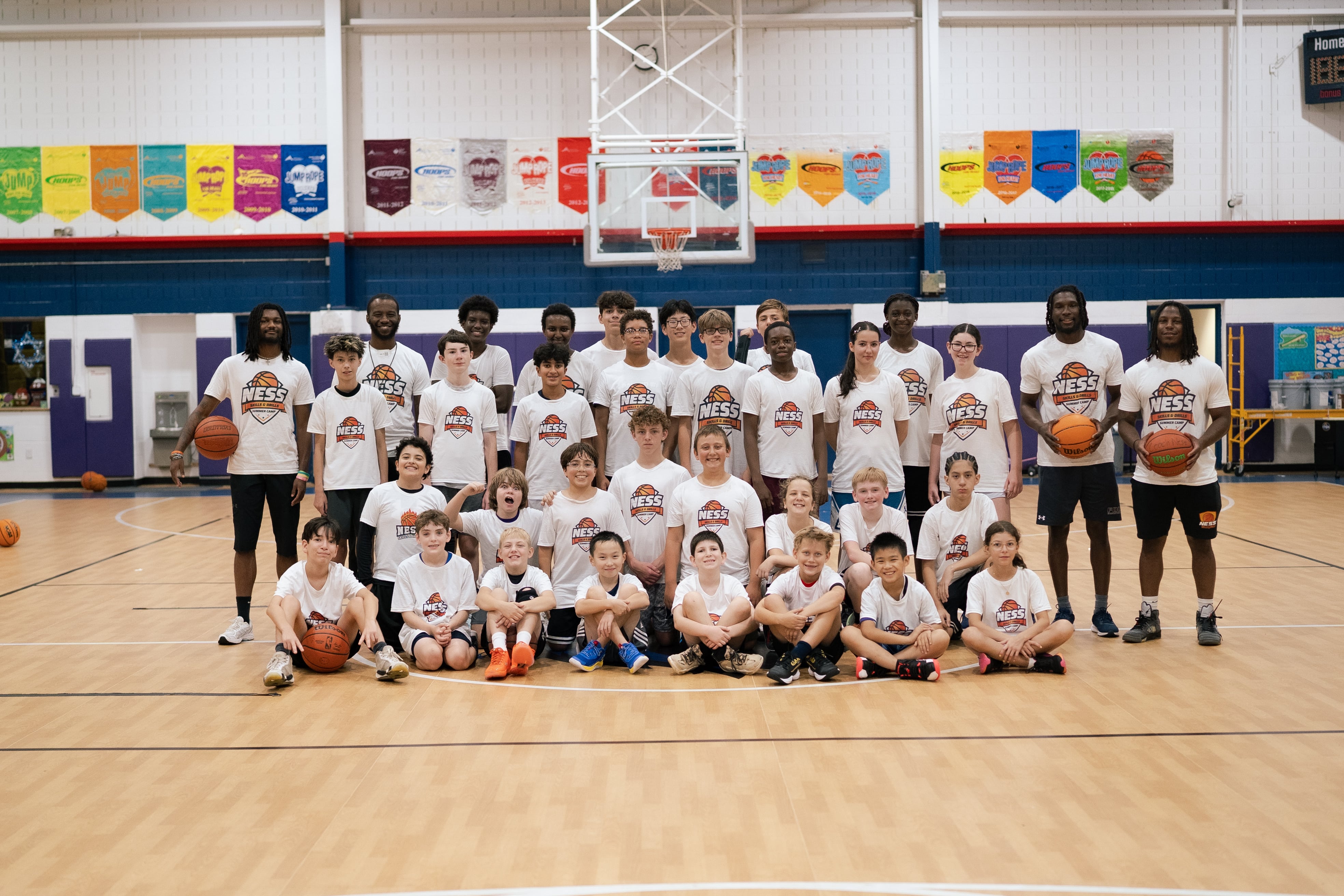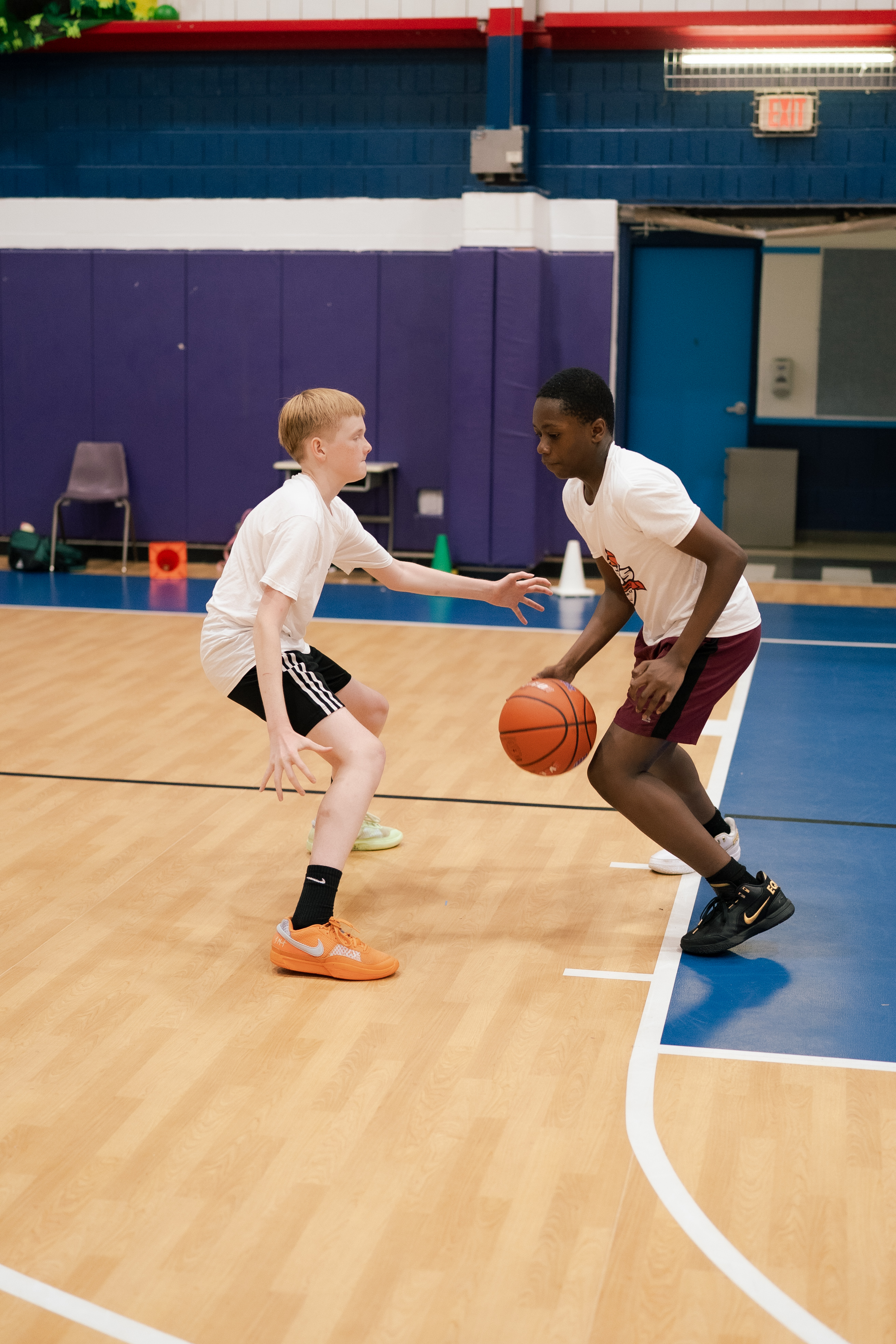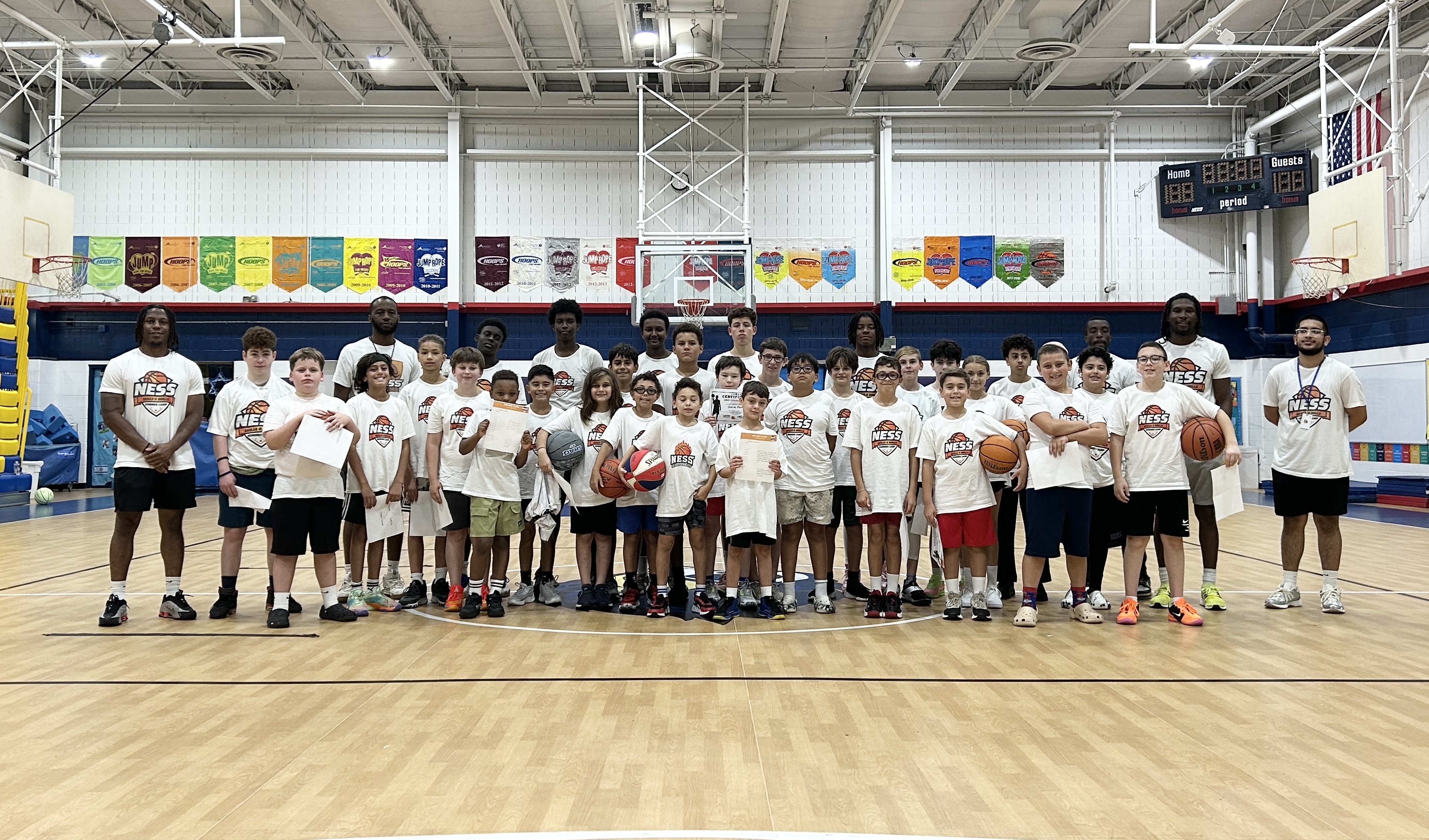Overcoming Slumps | What to Do When Your Child Loses Interest in Basketball

Your child used to race onto the court with a huge smile, counting down imaginary seconds to make the game-winning shot. But lately, they seem distant from the sport – skipping practices, dragging their feet to games, or even saying, “I don’t feel like playing anymore.” What happened?
It’s a question many parents face at some point. The truth is that losing interest in basketball, or any activity, is a common phase for young athletes. These slumps can feel disheartening, whether caused by burnout, frustration, or simply a shift in focus. But the good news? It’s not the end of the road. In this article, we’ll explore the reasons behind these dips in motivation and offer practical, encouraging steps to help your child rediscover their love for basketball.
Understanding the Reasons Behind the Slump
When your child’s enthusiasm for basketball fades, it’s natural to wonder why. Sometimes, the reasons can be as simple as a bad week, but other times, it might reflect something deeper. Here are some common reasons young players experience a slump:
- Burnout
Too much of a good thing can quickly turn into a chore. If your child is practicing several times a week, playing games every weekend, and hearing constant reminders to "work harder," they might start feeling overwhelmed. Physical exhaustion is one part of the equation, but mental burnout, feeling like the sport is more of a job than a joy, can be just as draining.
- Changing Interests
Children grow and change, often faster than we expect. The sport that once lit up their world might not feel the same anymore. This doesn’t mean they’ll never pick up a basketball again, but they might be curious to try something new. It’s all part of exploring who they are.
- Self-Doubt
As kids progress in basketball, they start noticing how they measure up to their peers. Missing shots, struggling with drills, or sitting on the bench can shake their confidence. Comparing themselves to other players, especially those who seem to excel naturally, can lead to feelings of "I’m just not good enough."
- Lack of Fun
When the focus shifts entirely to winning games, perfecting techniques, or meeting performance goals, it can suck the joy right out of the game. Basketball becomes less about laughter and teamwork and more about pressure. If the fun is gone, it’s no surprise that interest might follow.
- External Factors
Sometimes, basketball isn’t the problem; it’s life outside the court. School stress, friendship changes, or family challenges can weigh on a child’s mind. These distractions can sap their energy and enthusiasm for the sport, even if they still enjoy playing deep down.
Understanding the root of the slump is the first step to helping your child through it. Once you pinpoint what’s going on, it becomes much easier to take meaningful steps to help them rediscover their passion for the game or support them if they decide to take a break.
Signs Your Child May Be Losing Interest
Noticing the signs of waning interest in basketball can be tricky, especially when kids aren’t always great at expressing their feelings. However, their actions often speak louder than words. Here are a few clues to watch for:
- Avoiding Practice or Games
Does your child suddenly seem to have endless excuses for skipping practice or procrastinating when it’s time to leave for a game? If they’re finding ways to avoid basketball altogether, it might be a sign they’re no longer enjoying it as much as they used to.
- Expressing Frustration or Indifference
You might hear them saying things like, “I’m tired of basketball” or “I don’t even care if we win.” On the flip side, they might also express frustration, getting upset over small mistakes or complaining about how “nothing ever goes right” on the court. These emotions can be a mirror to their feelings about the game.
- Declining Performance Due to Lack of Effort or Focus
If your child’s performance on the court has dipped and it’s clear they’re not giving their best effort, it could indicate that their heart isn’t in it anymore. This isn’t about their natural ability or skill level, it’s about a visible lack of focus or drive that wasn’t there before.
- Showing More Excitement About Other Activities
Does your child’s face light up when they talk about something other than basketball? Maybe it’s a new sport, a hobby like drawing or video games, or even just spending time with friends. If their attention is consistently drawn elsewhere, it might mean basketball is no longer their top priority.
Recognizing these signs doesn’t mean basketball is over for your child. It’s just time to take a step back, have a conversation, and figure out what they need, whether that’s a break, a fresh approach to the game, or support exploring other passions.
Steps to Help Your Child Overcome the Slump
With patience and understanding, you help your child overcome their slump. Here are some practical steps to guide you:
1. Have an Open Conversation
Start with a simple, non-confrontational chat. Ask open-ended questions like, “What’s been on your mind about basketball lately?” to invite them to share their feelings. Listen without judgment or jumping in with solutions. Sometimes, kids just need to feel heard before they’re ready to tackle the issue.
2. Reignite the Fun
Remember when basketball was just about having fun? Bring that back! Organize a casual game in the driveway, shoot hoops together, or suggest a less competitive league where they can focus on enjoying the sport without pressure. Reconnecting with the simple joy of playing can make all the difference.
3. Reduce the Pressure
Kids often feel the weight of expectations, whether from parents, coaches, or themselves. Let them know it’s okay to take a break or step back temporarily. Emphasize effort and enjoyment over winning and remind them that success isn’t a straight line. It’s okay to pause and recharge.
4. Involve a Mentor or Coach
A trusted coach or mentor can bring fresh energy and perspective. Share stories of players like Michael Jordan, who faced setbacks but found their way back to success to inspire them. Sometimes, hearing that their idols also struggle can be a powerful motivator.
5. Mix It Up
Routines can get stale, so shake things up! Try introducing new drills, working on a skill they’ve never practiced or even incorporating another sport for cross-training. Variety keeps things fresh and exciting, making them more likely to re-engage with the game.
6. Set Realistic Goals Together
Motivation often thrives on small wins. Sit down with your child and set simple, achievable goals, like improving their free throws or mastering a specific move. Celebrate each milestone to help rebuild their confidence and remind them of how far they’ve come.
With time and support, their slump can turn into a stepping stone toward greater growth, both as a player and as a person.
Encouraging a Lifelong Love For the Game
Encouraging a lifelong love for basketball starts with shifting the focus from competition to enjoyment. Instead of measuring success by wins or performance, nurture their love for the game as a fun and rewarding activity. Basketball doesn’t have to mean organized leagues or intense training; it can be a casual shoot-around in the driveway, a way to bond with friends at the park or even a shared family tradition. You can help your child see basketball not as something they “have” to do, but as a joyful way to stay active and connected throughout their life by keeping the experience low-pressure and tied to positive memories.
Recognizing When to Step Back
Sometimes, stepping back from basketball is the healthiest choice for a child whose passion has truly shifted. It’s important to reassure them, and yourself, that it’s okay if their interests have changed. Encourage them to explore new activities or hobbies that keep them active and engaged, whether it’s another sport, music, art, or something entirely different. The skills they’ve gained from basketball, like teamwork, discipline, and perseverance, will serve them well in any pursuit they choose. You will help them grow in confidence and discover their unique path by supporting their journey to find what really excites them.
Conclusion
A basketball slump is completely normal; every athlete, especially young ones, goes through phases of doubt and disinterest. Understanding the reasons behind the slump, whether it’s burnout, changing interests, or external stress, is the first step toward supporting your child. You can help them rediscover their love for the game or encourage them to find new passions that bring them joy by having open conversations, reigniting the fun, and allowing them space to explore. Slumps are temporary, and with patience and understanding, your child can come out even stronger. If you ever need more personalized guidance, don’t hesitate to reach out to the team at Ness Basketball – we’re here to support both you and your child through every step of their journey.
Sign up today for a free practice session
If your child is ready to improve their game, let's get to work.
Sign up


